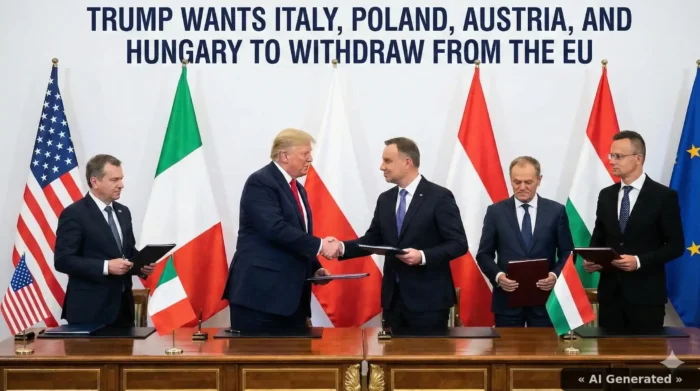The Brookings Institution has published a short but useful summary of what Russia, China, and Iran are variously attempting to achieve through their information operations. The article begins:
September 22, 2020 Microsoft recently announced that it had detected efforts by Russia, China, and Iran to influence the upcoming U.S. election. The discovery should not come as any surprise. In his 2019 testimony, former FBI Director Robert Mueller cautioned that Russia’s foreign election interference “wasn’t a single attempt. They’re doing it as we sit here.” The reason the Russians attempted to influence the election outcome in 2016 is simple: They think that domestic politics matters for foreign policy. That calculus hasn’t changed, so it’s no surprise that Russia is again interested in influencing the U.S. electoral outcome. What’s different this time around is the chess board of the international system: the actors, their preferred outcomes, and their preferred mechanisms of influence. The reprise Russians
In the last election, although the Russians appeared to have a general preference for candidate Trump, they were primarily interested in sowing confusion, widening political divides, and exacerbating racial tensions. The benefit of a polarized U.S. domestic political landscape is straightforward: The more divided the United States is internally, the weaker it will be internationally and the less likely it will be to challenge and constrain Russian interests. Coherent foreign policy is predicated on shared reference points, fundamental agreements across the aisle about U.S. international commitments. During the Cold War, the United States fashioned a bipartisan consensus that remained largely intact until the fall of the Berlin Wall and the break-up of the Soviet Union, perhaps with a blip during the post-Vietnam period. Containing Communism, in particular, generated overwhelming, consistent support that translated into a successful strategy. But the relative unity of purpose that marked American views toward the country’s role in the world has not persisted in the post-Soviet era.
Read the rest here.









